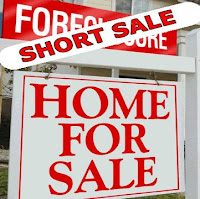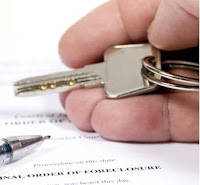US Plan to Streamline & Simplify Short Sales

The U.S. Treasury plan to help homeowners avoid foreclosure potentially applies to 75 percent of the mortgages in the U.S., including those backed by Freddie Mac or Fannie Mae (those two organizations are currently devising guidelines). The plan, which provides incentives for lenders and homeowners for completing Short Sales, is many-faceted: It provides incentives to lenders and borrowers for completing Short Sales It streamlines and standardizes the documentation necessary for Short Sales It limits the ability of subordinate lien-holders to obstruct the Short Sales process It sets limits on the time it takes lenders to approve or reject Short Sales requests It steps up pressure on lenders to make permanent the 650,000 trial loan modifications they started earlier in 2009 Incentives to Borrowers Under the plan, borrowers who complete a Short Sale are released from all mortgage debt. Additionally, they receive $1,500 for moving expenses. Incentives for Lenders The plan provides for pay








